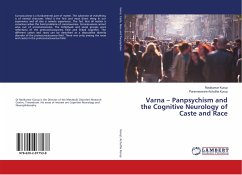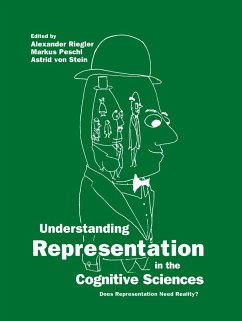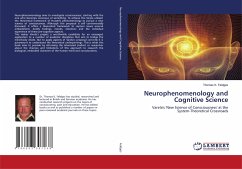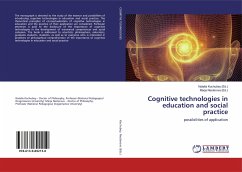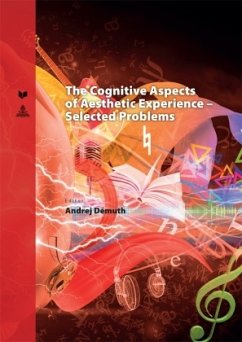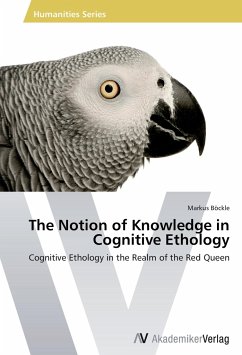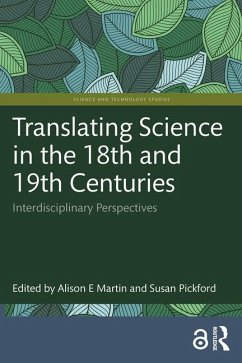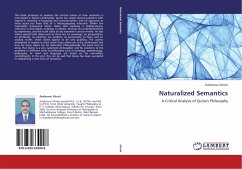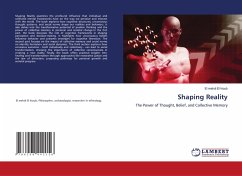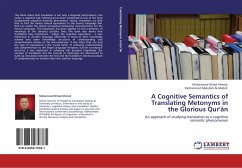
A Cognitive Semantics of Translating Metonyms in the Glorious Qur'ân
An approach of studying translation as a cognitive semantic phenomenon
Versandkostenfrei!
Versandfertig in 6-10 Tagen
52,99 €
inkl. MwSt.

PAYBACK Punkte
26 °P sammeln!
This book states that translation is not only a linguistic performance, but rather a cognitive task. Metonymy has been nominated as one of the most fundamental cognitive semantic phenomena. Hence, translators try their best to find the closest natural equivalents to the Source Language Text that can realize the closest conceptual metonymic reconstructions for the Source Language. This hypothesis has been applied on the translation of meanings of the Glorious Qur'ânic Texts. The book also shows that translators may reconstruct - within the cognitive operations - a new metonymy in another langu...
This book states that translation is not only a linguistic performance, but rather a cognitive task. Metonymy has been nominated as one of the most fundamental cognitive semantic phenomena. Hence, translators try their best to find the closest natural equivalents to the Source Language Text that can realize the closest conceptual metonymic reconstructions for the Source Language. This hypothesis has been applied on the translation of meanings of the Glorious Qur'ânic Texts. The book also shows that translators may reconstruct - within the cognitive operations - a new metonymy in another language differently in terms of their knowledge schema and other knowledge structures of understanding and comprehension phases of the text-metonyms. It also refers that not only the type of equivalence is the crucial factor of achieving understanding and comprehension to the Target Language receptors, but the conceptual structure is very important in achieving this prospect. Cognitively, the concept of translation and the concept of metonymy are intertwined to build up interaction between the text and the translator's mental processes of comprehension to transfer ideas into another language.



